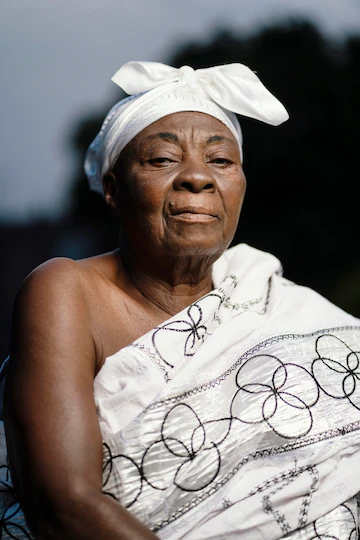Introduction:
Traditional Birth Attendants (TBAs) have played a significant role in providing maternal and newborn care in many communities across South Africa for generations. They are often highly respected members of their communities and possess traditional knowledge and skills related to pregnancy, childbirth, and postpartum care. In recent years, there has been a growing recognition of the value TBAs bring to the healthcare system. This article explores the role of Traditional Birth Attendants in South Africa, the benefits they provide, and the importance of regulating their practices to ensure safe and effective maternal and newborn care.
The Role of Traditional Birth Attendants:
- Cultural and Community Context: TBAs play a crucial role in providing culturally appropriate care that respects and acknowledges the customs and traditions of the community. They often have a deep understanding of cultural practices, rituals, and beliefs surrounding pregnancy and childbirth.
- Support and Empowerment: TBAs provide emotional support, guidance, and encouragement to pregnant women throughout their journey, promoting a sense of empowerment and confidence during childbirth. They may also offer advice on nutrition, rest, and self-care during pregnancy.
- Traditional Knowledge and Skills: TBAs possess a wealth of traditional knowledge and skills passed down through generations. They are skilled in natural and holistic approaches to childbirth, such as herbal remedies, massages, and positioning techniques to support labor progress.
- Access to Care: In rural and underserved areas where healthcare facilities may be scarce, TBAs often serve as the primary caregivers for pregnant women and provide essential maternal and newborn care. They bridge the gap between communities and formal healthcare services.
Benefits of Traditional Birth Attendants:
- Accessibility and Affordability: TBAs are often easily accessible to women in remote areas, where access to formal healthcare facilities may be limited. Their services are generally more affordable compared to hospital-based care, making them a viable option for women with financial constraints.
- Cultural Sensitivity: TBAs understand the cultural nuances and beliefs of the communities they serve, ensuring that care is provided in a culturally sensitive manner. This can foster trust, communication, and a sense of comfort for pregnant women and their families.
- Continuity of Care: TBAs often provide continuous support throughout the entire childbirth process, including prenatal, labor, and postpartum care. This continuity can promote a sense of familiarity and trust, enhancing the overall birthing experience.
Regulation and Collaboration:
While TBAs have a valuable role to play in maternal and newborn care, it is important to regulate their practices to ensure the safety and well-being of mothers and babies. Some key considerations include:
- Training and Education: Providing formal training and education to TBAs can help enhance their knowledge and skills in areas such as infection prevention, recognizing complications, and facilitating timely referrals to healthcare facilities.
- Collaboration with Healthcare Professionals: Encouraging collaboration and communication between TBAs and healthcare professionals is crucial. This can facilitate the sharing of information, promote referrals when necessary, and ensure that evidence-based practices are integrated into traditional care.
- Standardized Practices: Establishing guidelines and standards of practice for TBAs can help ensure consistency, safety, and quality of care. These guidelines can address issues such as hygiene practices, recognition of high-risk pregnancies, and the importance of timely transfers to healthcare facilities.
- Monitoring and Evaluation: Regular monitoring and evaluation of TBA practices can help identify areas for improvement, measure outcomes, and ensure compliance with regulations and standards of care.
Conclusion:
Traditional Birth Attendants have a significant role in providing maternal and newborn care in South Africa, particularly in communities with limited access to formal healthcare facilities. Recognizing and regulating the practices of TBAs can help harness their valuable skills and knowledge while ensuring the safety and well-being of mothers and babies. By promoting collaboration between TBAs and healthcare professionals, providing training and education, and establishing standards of care, South Africa can harness the benefits of traditional birth attendants while ensuring that women receive safe, culturally sensitive, and evidence-based care during pregnancy and childbirth.










